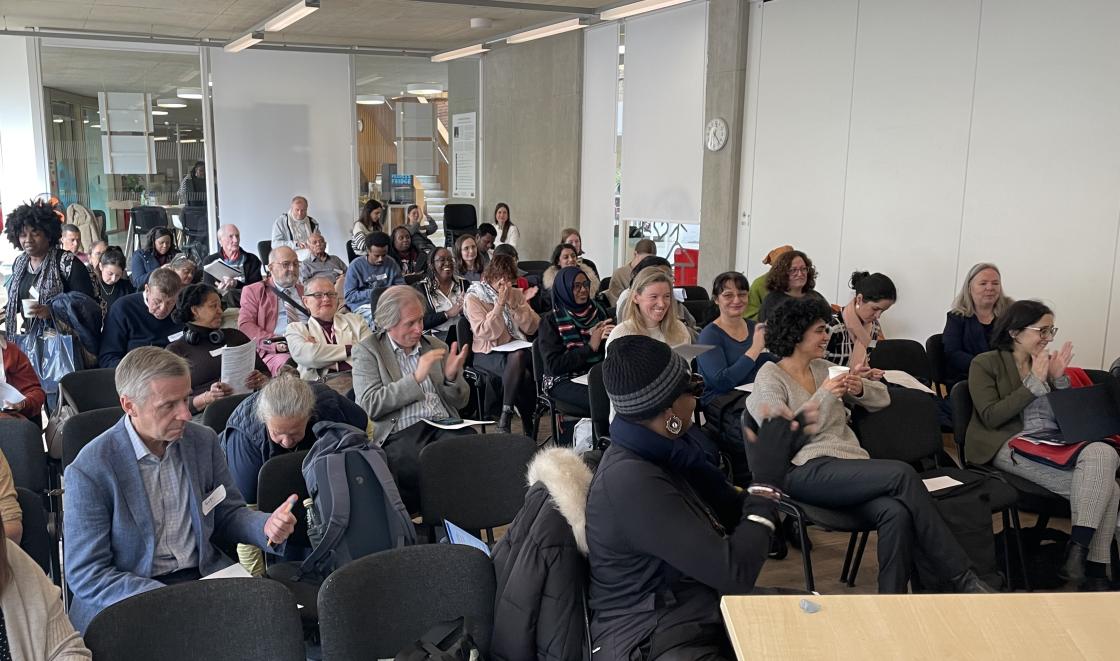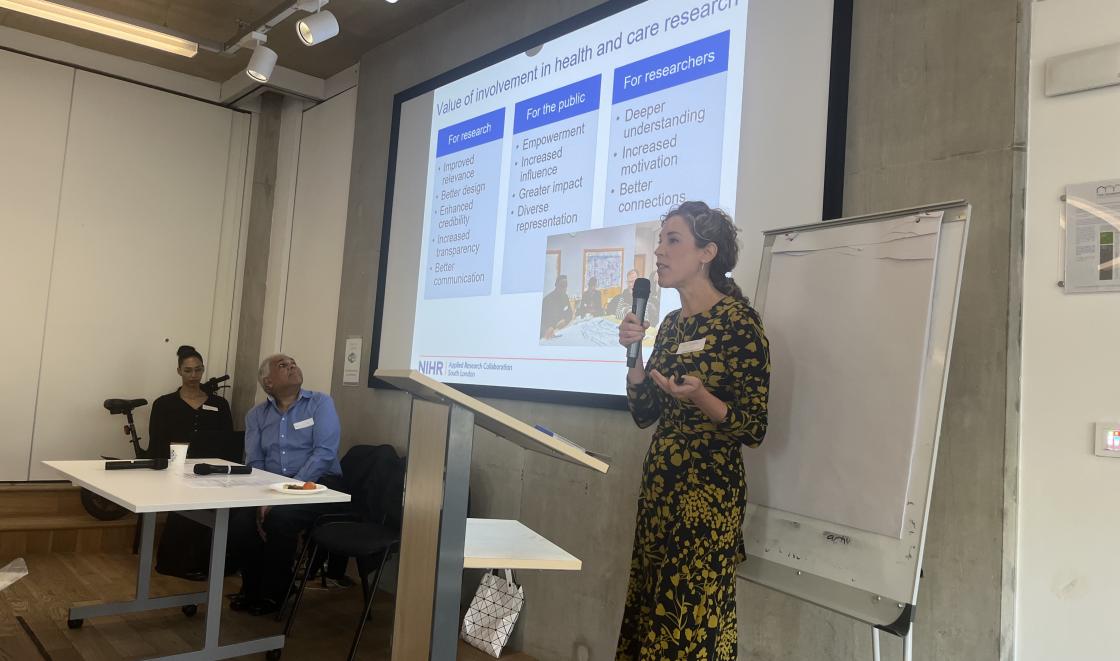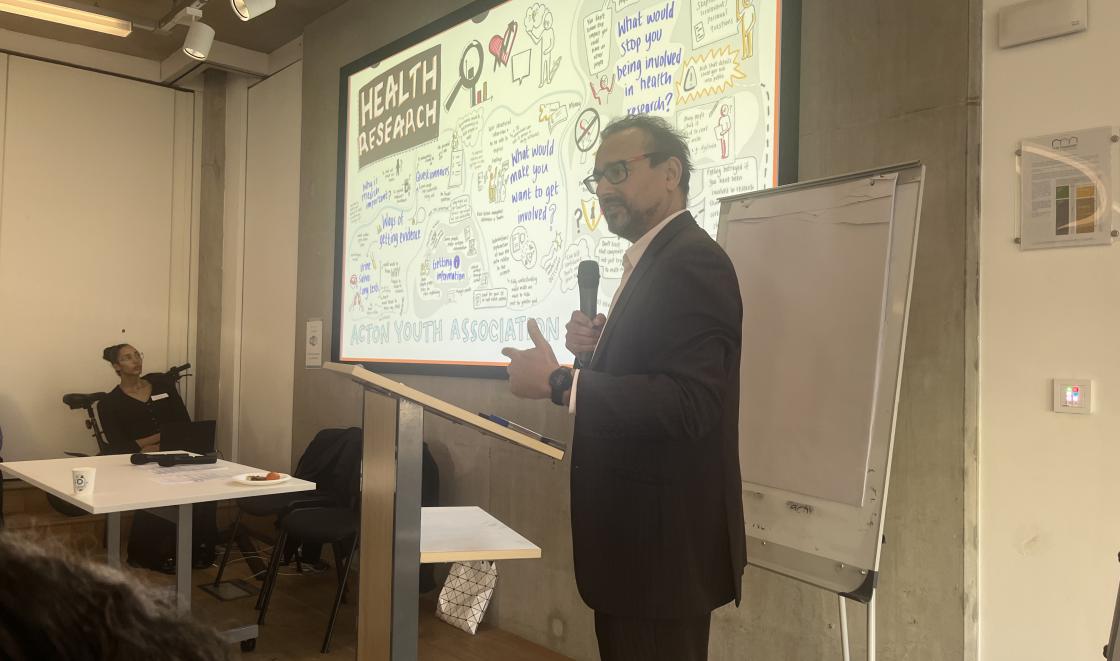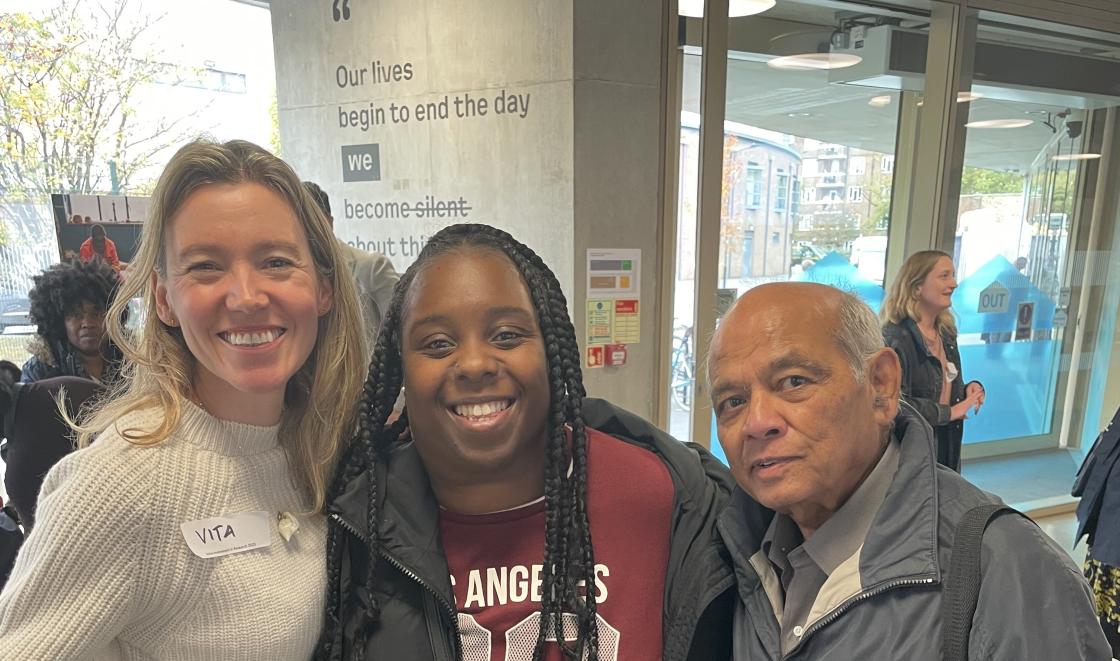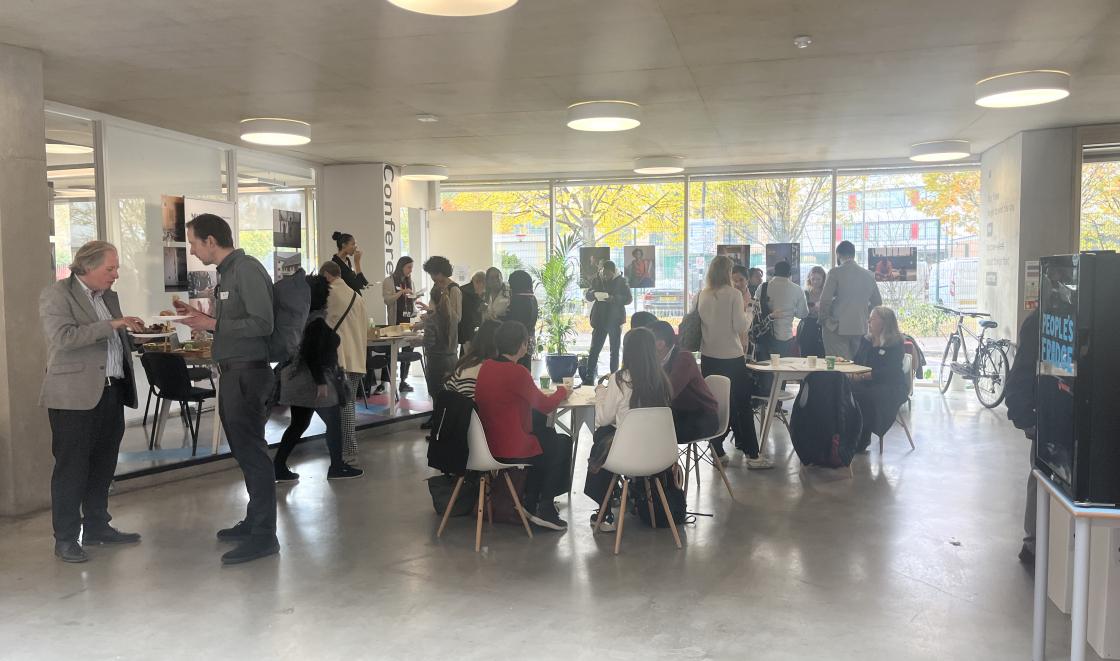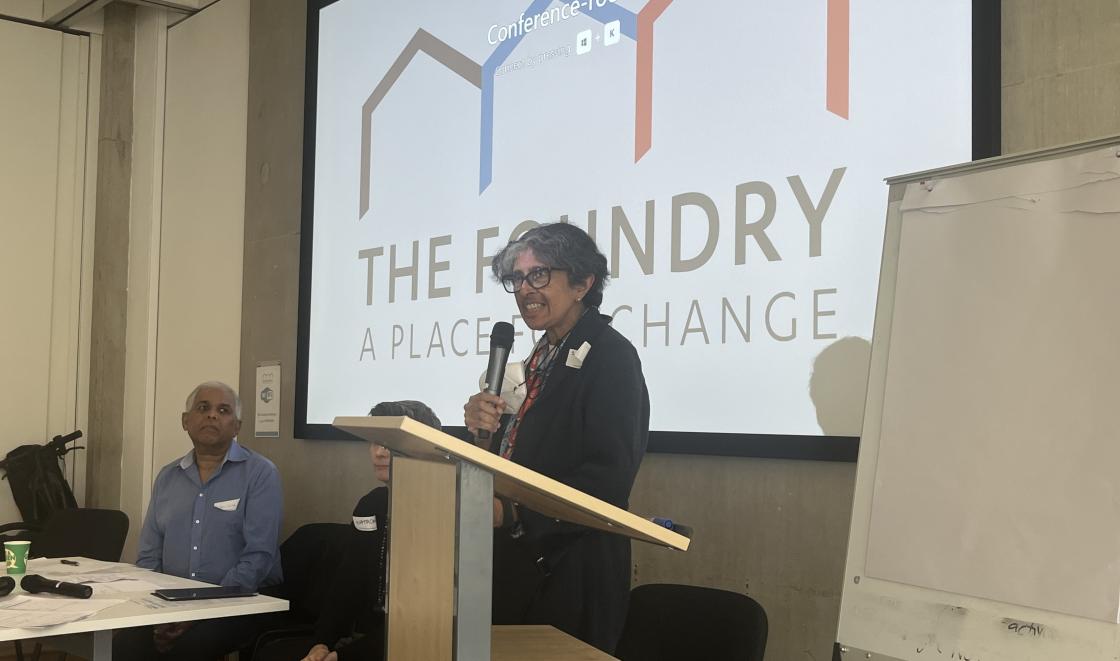Sharing experiences of inclusive applied health research collaboration in London
Over 100 local people, service users, carers, community representatives, researchers, healthcare professionals and others explored how inclusive and collaborative health and social care research can be strengthened across London, at ARC South London’s annual Active Involvement in Research (AIRD) events.

